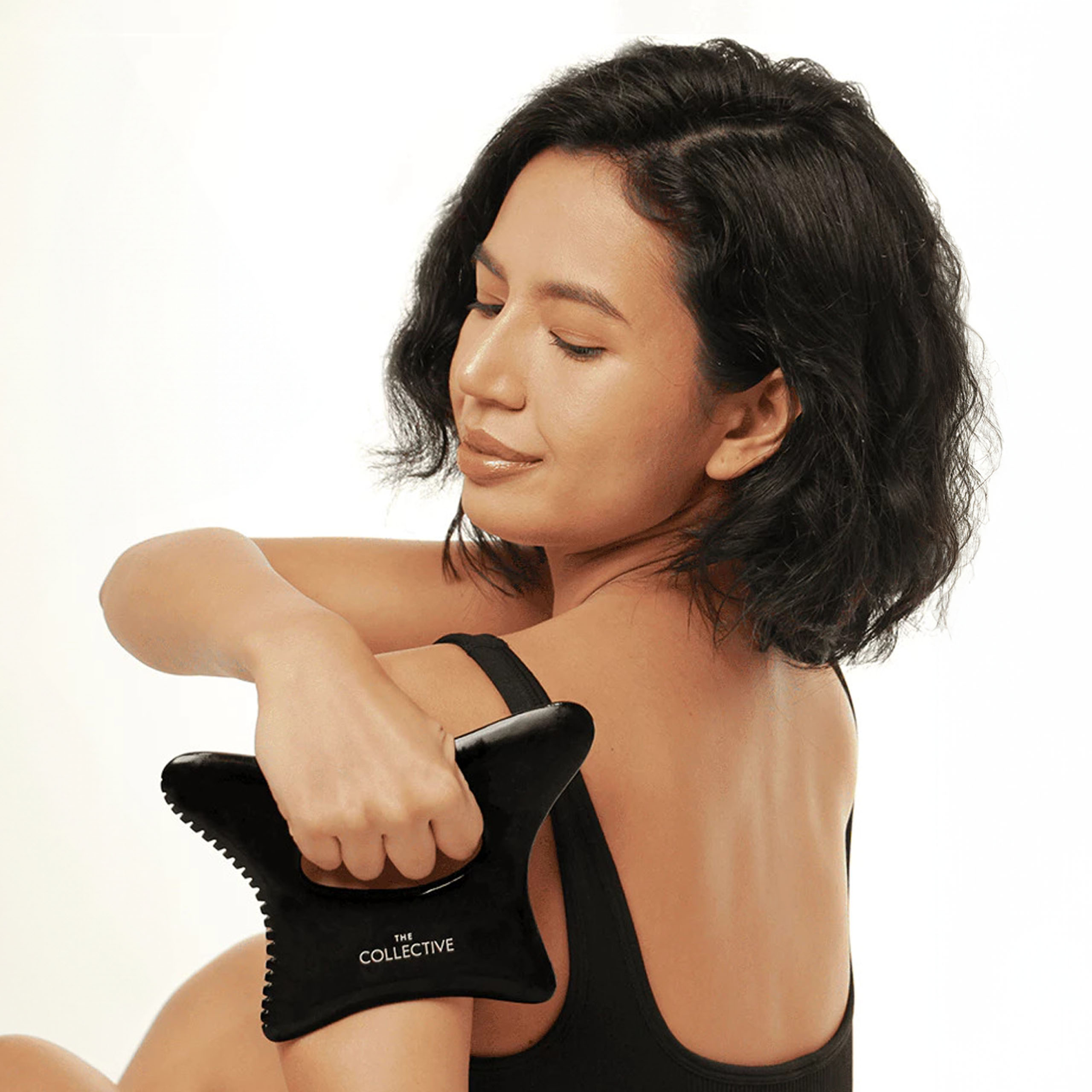Registered Nutritionist-Dietitian Jo Sebastian doubles as a content creator across platforms like Instagram and Spotify. Her goal? To be the voice she never got to hear when she was younger
One of the words you can use to describe Jo Sebastian’s content is creative. To make your mark on social media, much less within the nutrition and wellness space, requires creativity. It is also not exactly surprising to hear that Jo’s exposure to toxic body image comments as a dancer and aspiring ballerina drove her to become interested in weight loss and restrictive diets.
RELATED: Fast Facts on Weight Loss Drugs
It is a path many are familiar with, and yet Jo has used this background as the driving force for her current approach to life. And while her interest in nutrition had initially been about pursuing weight loss, her genuine interest in the science of it led her toward a career rooted in kindness. Now, she is a registered and freelance nutritionist and dietician with projects spanning from educational Instagram pages to Spotify for her “The Donut Box Podcast.” Here, we discuss what her platform as a content creator is all about, and why it’s so important to hear in this day and age.
In an exclusive interview with Jo, she said her focus with her content is all about being human and taking into consideration the human aspect of living. “I just really want to create a safe space for everyone to exist and find their version of health, which isn’t reliant on fads, diets, and rules,” she said.
Spreading awareness on these is important to her, especially in the country where body image issues are considered taboo. “It’s important in the Philippines because it’s rarely talked about. The anti-restrictive dieting space in the West is prominent, but here, not really because of the misinformation on body and weight,” she explained. With that, she thinks it’s also important to translate nutrition and wellness to the Philippine context. In this regard, she aims to become a voice to remind people that it doesn’t have to be this way.
That being said, Jo says she does struggle a little with reaching a wider Filipino audience because of the language barrier—specifically, with speaking professional Filipino. However, her biggest step to bridging the gap is by using staple Filipino meals as the basis of her diet-related content to show that our cultural food is safe and has nutritional benefits, too. She thinks this is important because there has been a long-standing notion online to fear sodium and fat.
She says, “A lot of our ulams are spot-on in balance, like sinigang and tinola. As a student, tinola is a top-tier food because it’s so balanced and full of nutrients. Most Filipino meals are balanced because they have protein and vegetables, but what can make them unhealthy is that they’re higher in fat and sodium.” To that end, she says it’s manageable enough to alter the ingredients list enough to suit one’s health needs.
In line with the idea of fear foods, she says that fear-mongering is among the most harmful diet trends on social media. Demonizing certain foods can lead to misinformation when in reality, the food that is being demonized actually has nutrients that benefit the human body.
Another harmful trend she spotted on social media is the idea that results can be exactly replicated. She says, “You can’t follow someone’s diet and expect to get the same results. This is the wrong message, to say ‘eat like me to look like me; I did it so you can do it in the exact same way and get the exact same results.’” According to her, this trend is harmful because everyone’s body and lifestyle are different.
RELATED: Healthy Looks Different on Everybody
Due to that, she approaches her content a little differently. “I’ll give very general tips but remind everyone that they have different contexts and needs,” she explained. Instead, her content focuses on nutrients and focuses on curiosity rather than judgment. She is also a staunch advocate for intuitive eating and learning to listen to your body’s needs. For example, when she posts about sugar cravings, she’d discuss what causes them instead of how to get rid of them. “Less of telling you what to do and instead how to think and investigate your feelings and relationship with food,” she added.
As a registered nutritionist-dietitian, we also asked Jo for key advice for people who are recovering from disordered eating. Her answer can be boiled down to three points: Making a safe space, focusing on body neutrality first, and taking recovery one day at a time. To the first point, she said to clear your feed and space as much as possible from triggers. Second, she said to focus on neutralizing your relationship with your body first before heading straight into loving it. “Focus on kindness, then it’ll be easier to nourish yourself,” she added. Lastly, she said to take it one day at a time instead of gunning for an instant recovery. The road to recovery can be taken one meal at a time.
Featured Image: JO SEBASTIAN (via Instagram)










